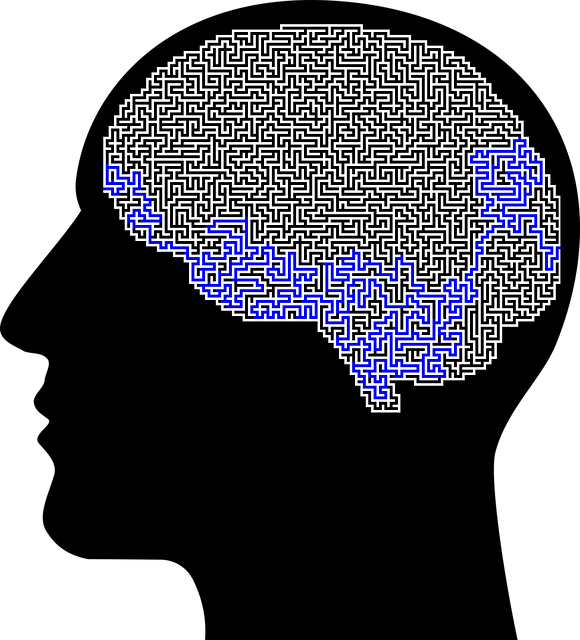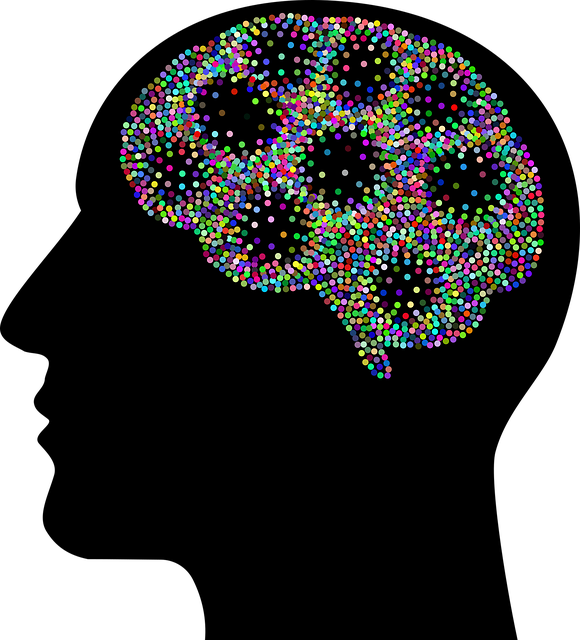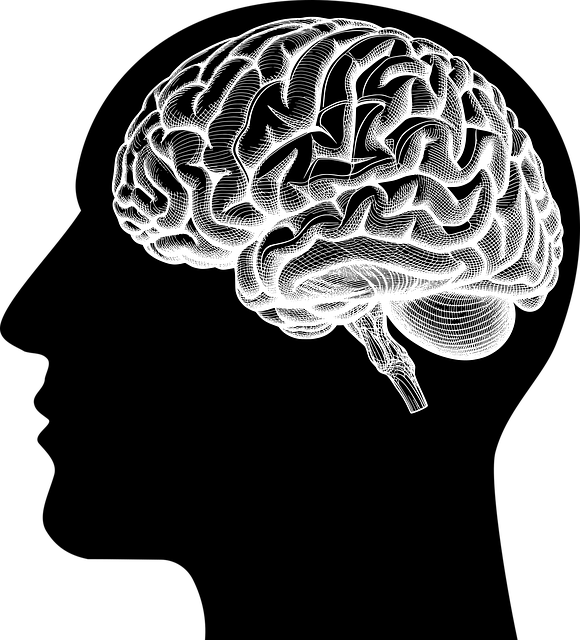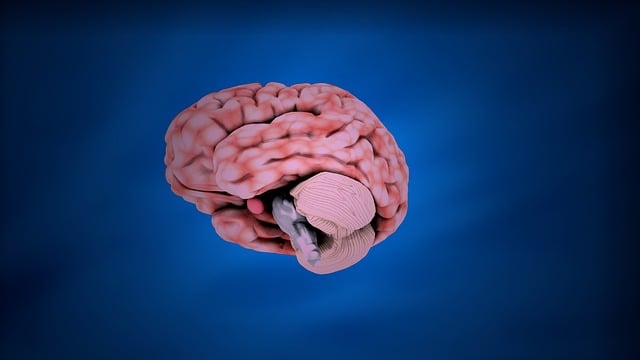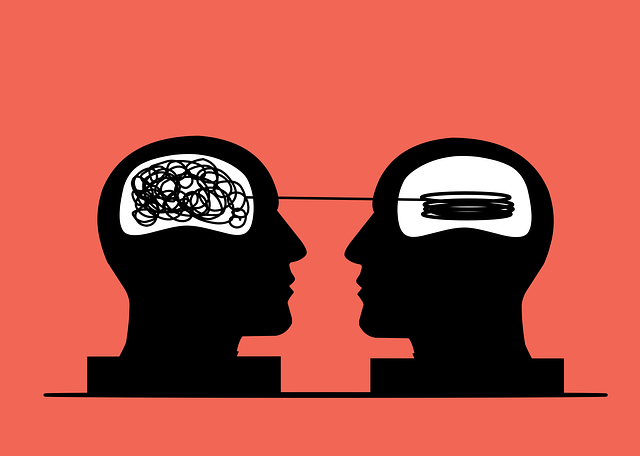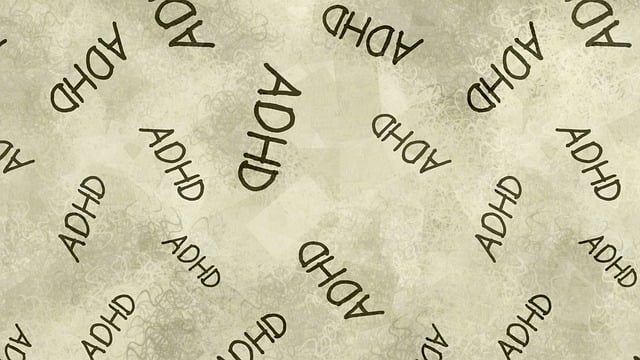Englewood Christian Counseling Therapy (ECCT) prioritizes cultural sensitivity as a core principle in enhancing treatment effectiveness and patient outcomes. Recognizing the unique cultural lenses clients bring, ECCT creates a safe space celebrating diversity. By integrating cultural context into therapeutic approaches, ensuring respectful communication, and addressing underlying cultural factors, they promote healing aligned with clients' identities. This holistic approach includes developing personalized self-care routines and risk assessments for mental health professionals. Located in Chicago's diverse Englewood community, ECCT adapts strategies to address language differences and varying cultural beliefs about mental health, employing multilingual resources and culturally competent interpreters. They also integrate cultural competence training into education programs to prevent burnout and enhance stress management techniques. Effective communication through active listening and mindfulness meditation further strengthens therapeutic connections, ultimately improving counseling therapy outcomes for diverse clients.
“Cultural sensitivity is a cornerstone of effective mental healthcare, ensuring equitable and compassionate treatment for all. In this article, we explore the vital role it plays in counseling practices, using Englewood Christian Counseling Therapy (ECCT) as a case study. From understanding cultural nuances to recognizing barriers and implementing strategies for competent communication, we delve into how ECCT enhances patient outcomes through its commitment to diversity and sensitivity.”
- Understanding Cultural Sensitivity in Mental Healthcare
- The Role of Diversity in Counseling Practice at Englewood Christian Counseling Therapy
- Recognizing and Addressing Cultural Barriers to Treatment
- Strategies for Culturally Competent Communication with Clients
- Enhancing Patient Outcomes through Cultural Sensitivity at ECCT
Understanding Cultural Sensitivity in Mental Healthcare

Cultural sensitivity in mental healthcare is a crucial aspect that significantly influences the effectiveness of treatment and overall patient outcomes. It involves understanding and appreciating the diverse cultural backgrounds, beliefs, and values of individuals seeking counseling and therapy. At Englewood Christian Counseling Therapy, we recognize that every client enters the therapeutic process with their own unique cultural lens, which can shape their experiences of mental distress and healing.
By incorporating cultural sensitivity into our practice, we aim to create a safe and supportive environment where clients feel understood and respected. This involves adapting therapeutic approaches to align with a client’s cultural context, ensuring effective communication, and providing services that address not just the symptoms but also the underlying cultural factors contributing to emotional distress. Moreover, it promotes self-care routine development for better mental health among our diverse clientele, as we understand that Emotional Healing Processes are deeply intertwined with one’s cultural identity and practices. Similarly, risk assessment for mental health professionals becomes more nuanced when considering cultural sensitivity, enabling us to deliver personalized care tailored to each individual’s needs.
The Role of Diversity in Counseling Practice at Englewood Christian Counseling Therapy

At Englewood Christian Counseling Therapy, recognizing and embracing diversity is at the core of our counseling practice. We understand that individuals from various cultural backgrounds bring unique perspectives, experiences, and challenges to therapy. Our diverse team is committed to providing culturally sensitive care, ensuring every client feels understood and respected. By integrating Social Skills Training and Emotional Intelligence techniques tailored to each individual’s needs, we create a safe and inclusive environment.
Englewood Christian Counseling Therapy prioritizes Healthcare Provider Cultural Competency Training to enhance our services. We believe that understanding cultural nuances enables us to offer more effective support. This training equips our counselors with the skills to navigate complex issues related to race, ethnicity, religion, gender identity, and sexual orientation. As a result, we can better assist clients in overcoming barriers and fostering positive mental health outcomes.
Recognizing and Addressing Cultural Barriers to Treatment

In the realm of mental healthcare, cultural sensitivity is paramount to delivering effective treatment. Recognizing and addressing cultural barriers is a critical component of quality care, particularly in diverse communities like those found in Englewood, Chicago, where organizations like Englewood Christian Counseling Therapy play a vital role. These barriers can manifest as language differences, differing beliefs about mental health, or unique social norms that influence help-seeking behaviors. For instance, individuals from diverse cultural backgrounds might have specific ways of expressing distress or may be more comfortable with certain therapeutic approaches than others.
Professionals like healthcare counselors and therapists must be adept at navigating these complexities to foster trust and ensure successful treatment outcomes. Implementing effective communication strategies, such as providing multilingual resources or culturally competent interpreters, can significantly improve access to care. Moreover, integrating cultural competence training into healthcare curricula and continuing education programs equips providers with the knowledge and skills needed to prevent and address burnout, enhance emotional well-being promotion techniques, and ultimately facilitate stress management for diverse patient populations.
Strategies for Culturally Competent Communication with Clients

Effective communication is a cornerstone of culturally sensitive mental healthcare. At Englewood Christian Counseling Therapy, we emphasize active listening and clear, respectful dialogue to build trust with clients from diverse backgrounds. This involves learning about and acknowledging cultural differences in communication styles, non-verbal cues, and language preferences. For instance, some cultures may prefer indirect or collective speech, while others value direct and individualistic expression. Mindfulness Meditation can be a valuable tool here—encouraging both the therapist and client to remain present, attentive, and non-judgmental throughout sessions.
Additionally, our Community Outreach Program Implementation plays a vital role in fostering cultural competence. By engaging with various communities, we gain insights into their unique mental health challenges and strengths. This knowledge informs our therapeutic approaches, ensuring they are sensitive to cultural nuances. Moreover, regular risk assessments for mental health professionals, which consider potential cultural biases or triggers, help maintain a safe and inclusive environment. These strategies collectively contribute to more meaningful connections between therapists and clients, ultimately enhancing the effectiveness of counseling therapy.
Enhancing Patient Outcomes through Cultural Sensitivity at ECCT

At Englewood Christian Counseling Therapy (ECCT), cultural sensitivity is recognized as a cornerstone of enhancing patient outcomes. Understanding and respecting diverse cultural backgrounds, beliefs, and values are integral to creating an inclusive therapeutic environment where every client feels heard and validated. This approach not only fosters trust but also facilitates deeper connections, enabling mental health professionals to provide more personalized care.
By integrating cultural sensitivity into their practice, ECCT’s counselors and therapists can effectively navigate the complex tapestry of mental wellness, particularly when dealing with diverse populations. This involves incorporating empathy-building strategies that go beyond superficial understanding. It includes active listening, adaptive communication, and a willingness to learn from clients about their unique perspectives. Such practices contribute significantly to risk management planning for mental health professionals by reducing potential cultural barriers and enhancing the overall effectiveness of treatment.
Cultural sensitivity in mental healthcare is not just a best practice, but an imperative for providing effective treatment. As diverse communities continue to shape our society, understanding and embracing cultural nuances becomes essential within counseling settings. Englewood Christian Counseling Therapy (ECCT) exemplifies this through its commitment to diversity and culturally competent care, ensuring that all clients receive personalized support. By recognizing and addressing cultural barriers, ECCT enhances patient outcomes and fosters an inclusive environment where every individual can access the healing they deserve. This approach not only benefits individuals but also strengthens the overall mental healthcare system by promoting equitable care for all.
